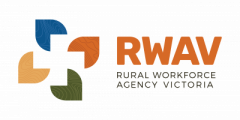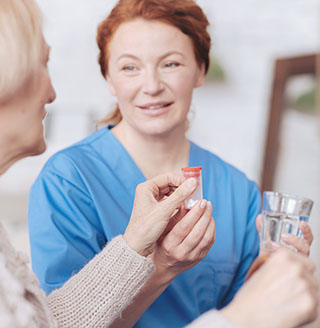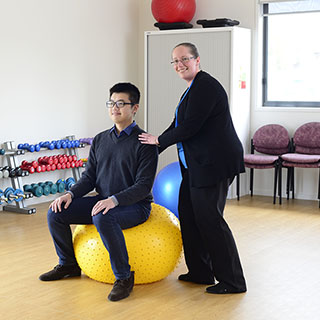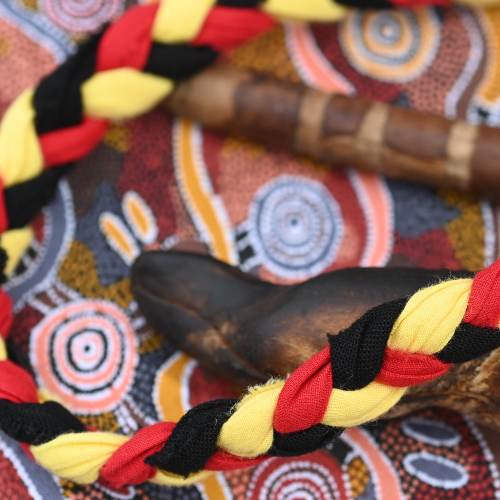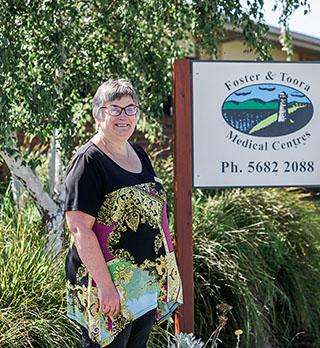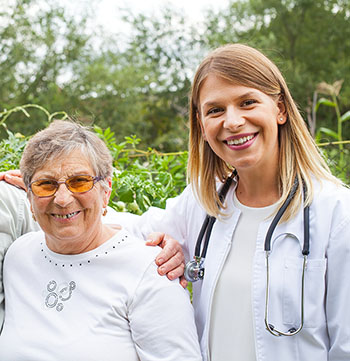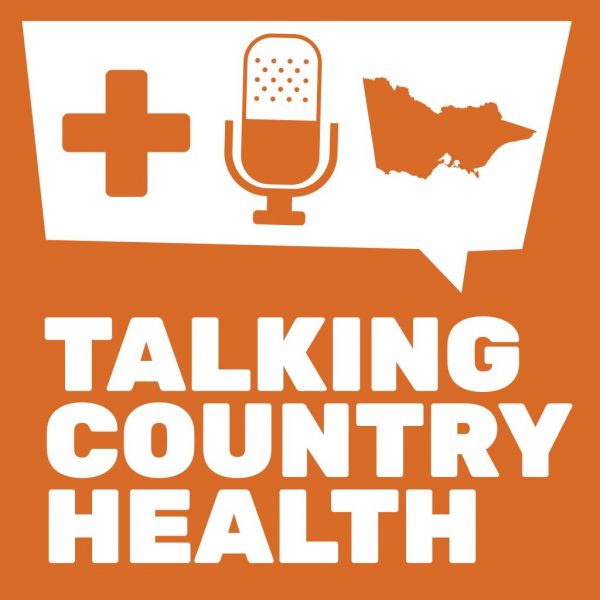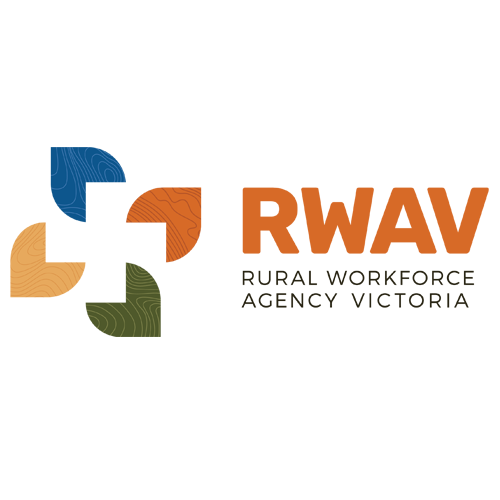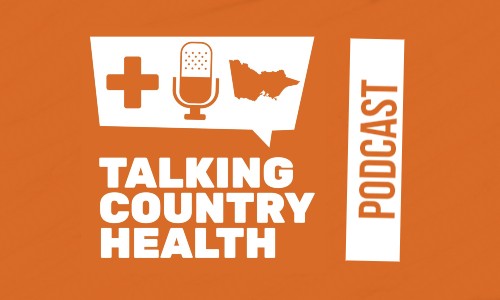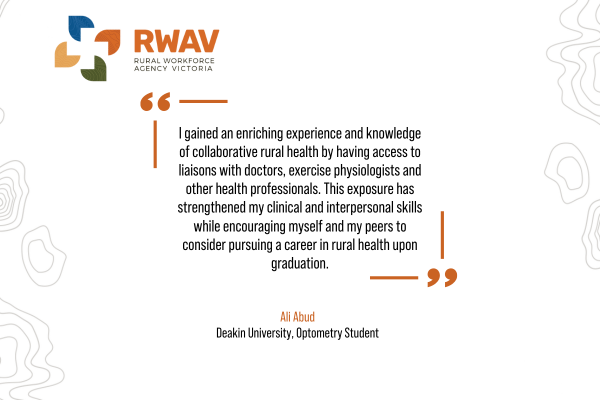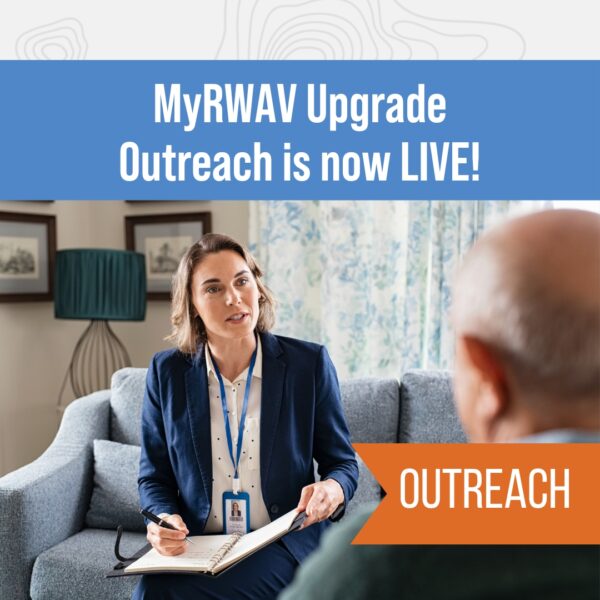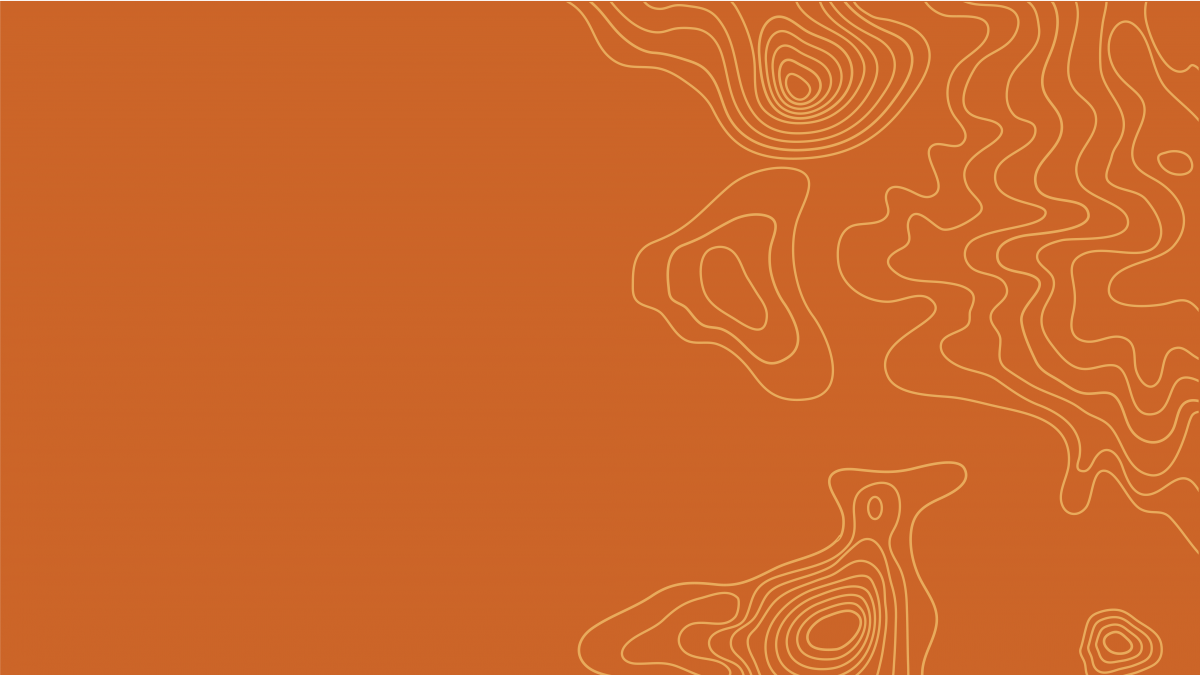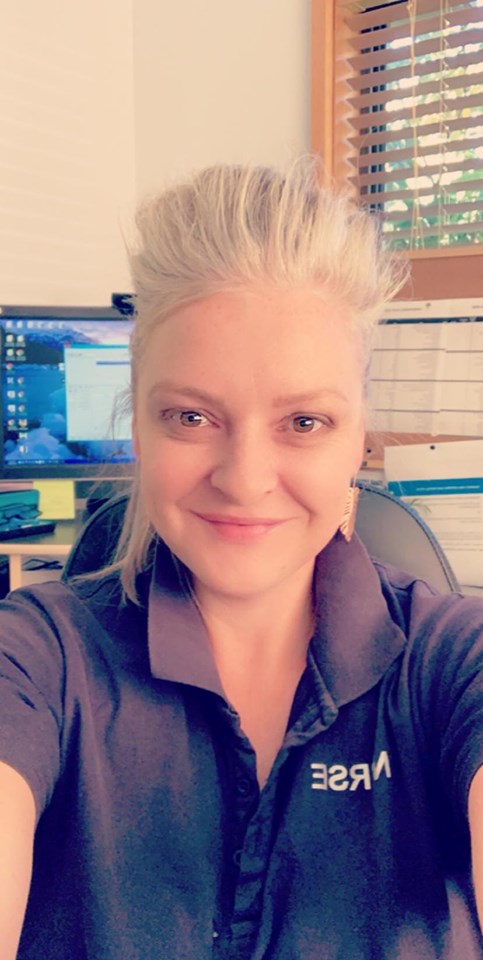
Dargo Bush Nursing Centre (BNC) was established by a group of nurses 112 years ago. The Gippsland town is one of Victoria’s most remote communities, with a population of 99 residents that swells up to 5,000 in peak tourist times. Sarah Carr has been working at Dargo BNC for over 10 years, and in 2018 took over the nurse managerial role.
In these recent times, she has experienced back to back the challenges of the bushfires, a busy year of preparing for the National Safety and Quality Health Service (NSQHS) Standards and now working to safeguard the community as much as possible against the threats of COVID-19.
“As a very remote area nurse, you kind of have to learn to work by yourself because you’re autonomous and you have to expect anything to walk through the door. Dargo is one of the most remote BNCs in Victoria, and we’ve got at least a one hour wait for an ambulance, where we are the first responder if there’s an accident,” said Sarah.
Dargo has the highest rate of over 65-year-olds in the shire, and the second-highest rate of over 65s living alone. A trip to the nearest GP and town would take residents a three hour round trip. In order to maximise the services that Dargo BNC could provide to clients, Sarah decided to pursue the Rural and Isolated Practice Registered Nurse (RIPRN) course which she was able to receive reimbursement for through the Health Workforce Scholarship Program administered by RWAV.
“The RIPRN is another qualification a RAN can obtain, it’s a scheduled medicine endorsement which means it is very similar to what we currently have with our Ambulance Victoria guidelines where we can administer drugs in an emergency situation. The RIPRN guidelines can do the same thing, but not just for emergencies.”
“The course also comes with your immunisation certificate, so next year, when I finish the course I will be able to immunise all our clients without having to get a nurse immuniser to come in and without having to get a drug order from a GP. You can also do suturing. It provides more of a service for people without having to leave their home.”
The RIPRN qualification will help Sarah to enhance her continuity of care to community members, which is already grounded in 10 years of building rapport with clients, their families and friends.
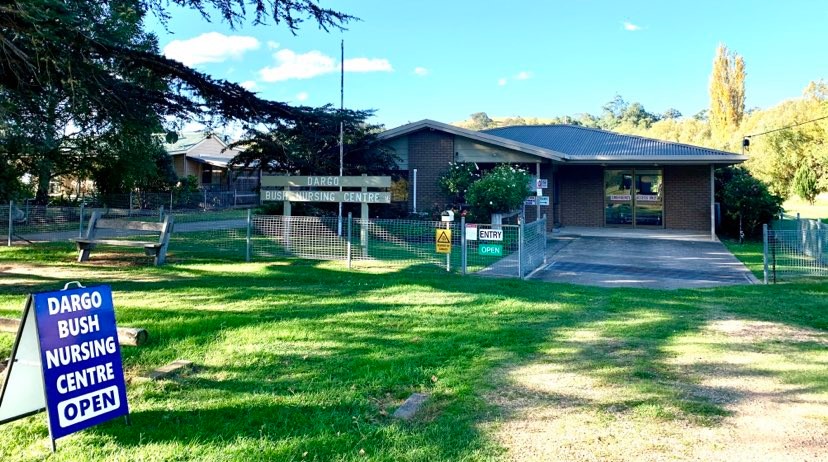
“A big part of our role is not always of a medical aspect but providing advocacy and support to all of our community members and we spend a majority of our time organising health promotion events where the whole of the community is encouraged and welcome to attend,” said Joan Traill, Committee of Management President to Dargo BNC.
There’s a common saying that a RAN does anything from cradle to coffin, and everything in between. Knowing clients’ past histories so well means that Sarah can help meet the needs of community members and provide them with a holistic approach to care.
“It’s so different working in a hospital setting where you work with someone for three days and they’re discharged and you never see them again…I love being part of this community and I love the remoteness. We are in the mountains, it is the most beautiful, picturesque place to work.”
For anyone thinking about the transition from a hospital base to a remote area, Sarah offers the advice, “if you want a challenge do it, if you want a huge self-confidence boost to do this job, it’s great for your self-esteem, it’s great for utilising your skills and not relying on someone else.”
Are you interested in pursuing professional development opportunities or postgraduate studies? Consider applying for the Health Workforce Scholarship Program. RWAV offers grants and scholarships to health professionals working in private practice in rural and regional Victoria. Find out more here.
If you are interested in work opportunities in country Victoria, see current vacancies on the RWAV website.
The Health Workforce Scholarship Program is an initiative of the Australian Government Department of Health administered by RWAV in Victoria.
